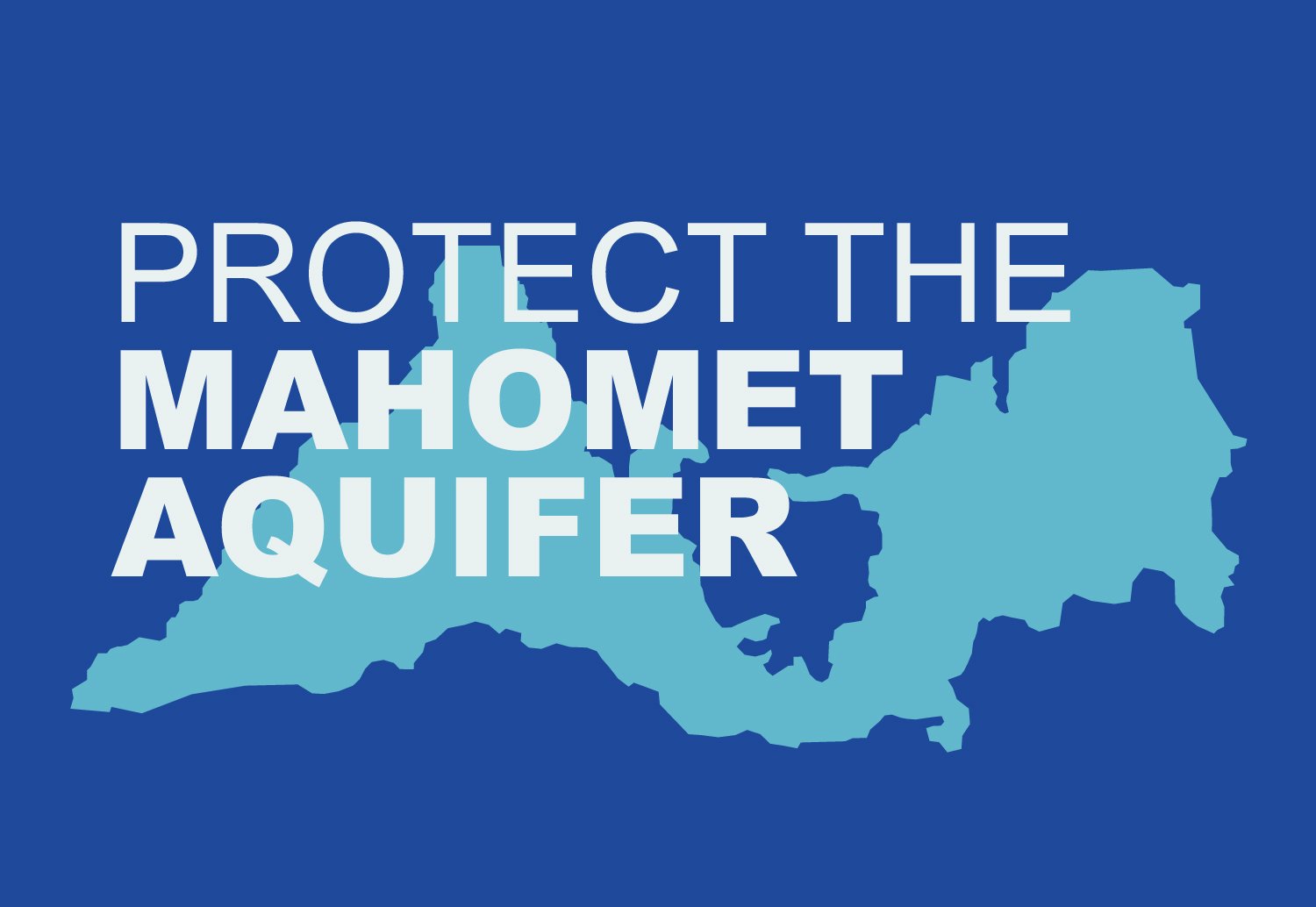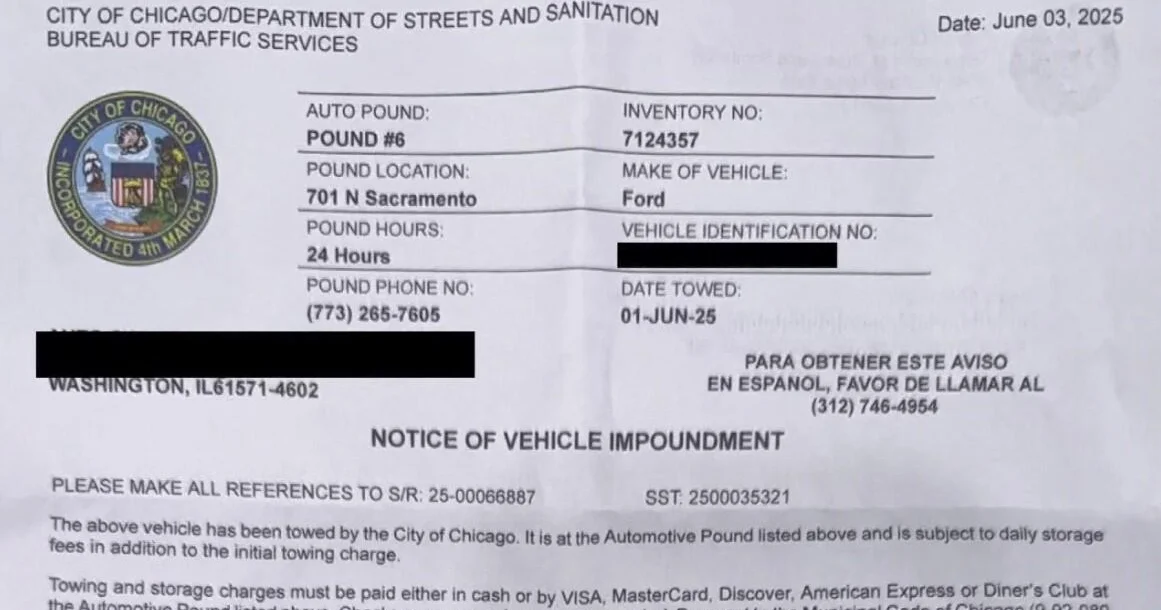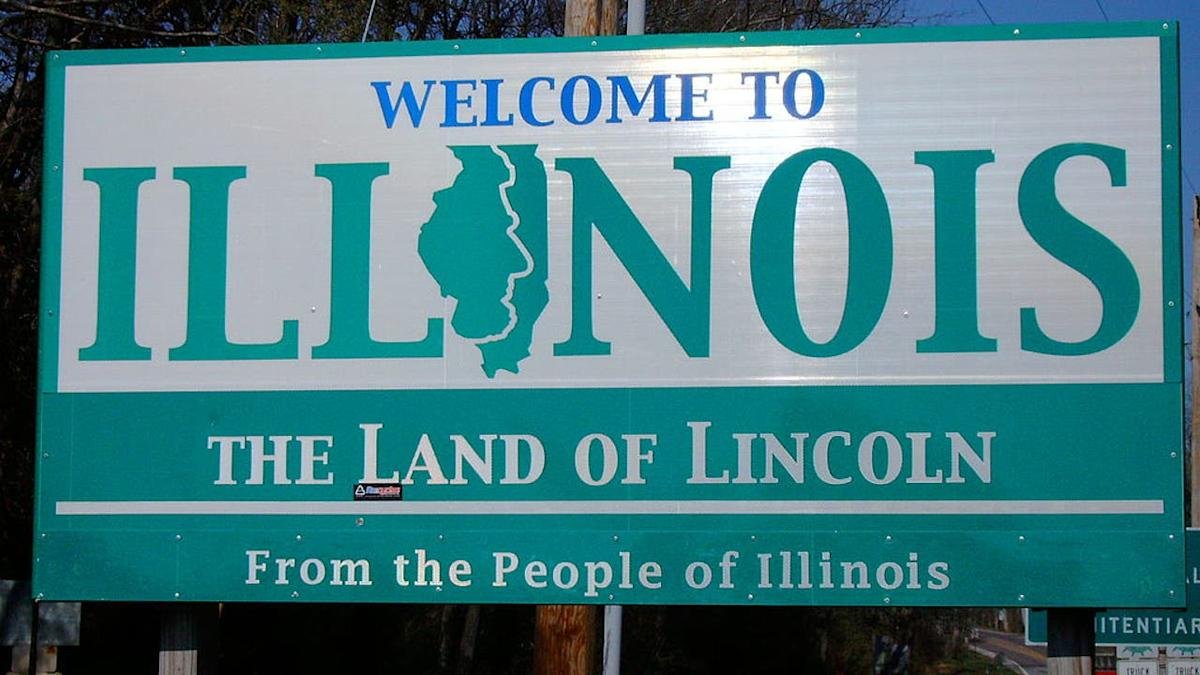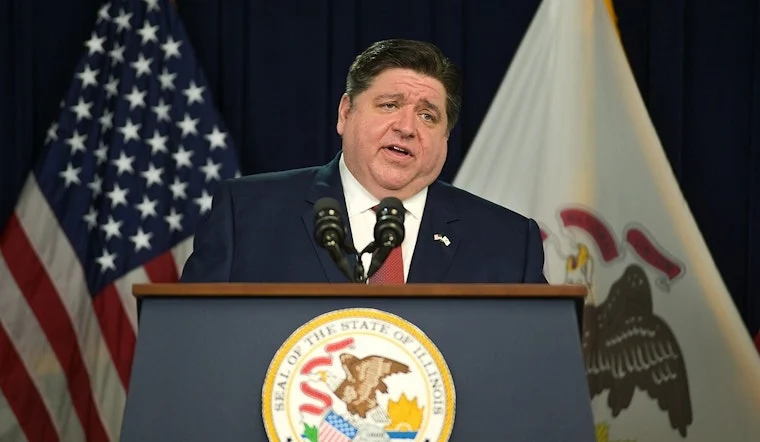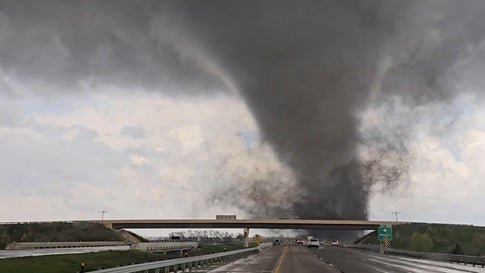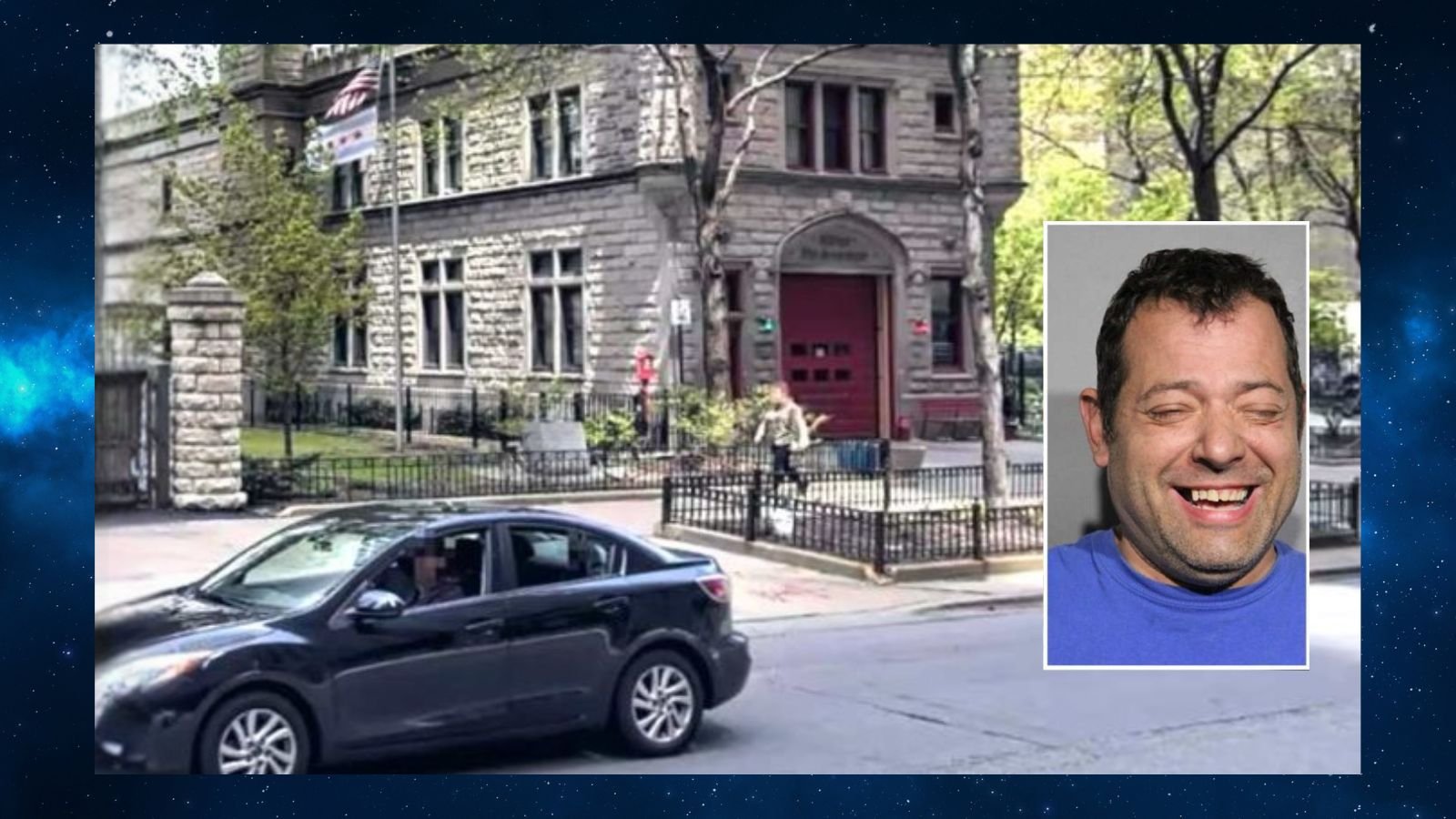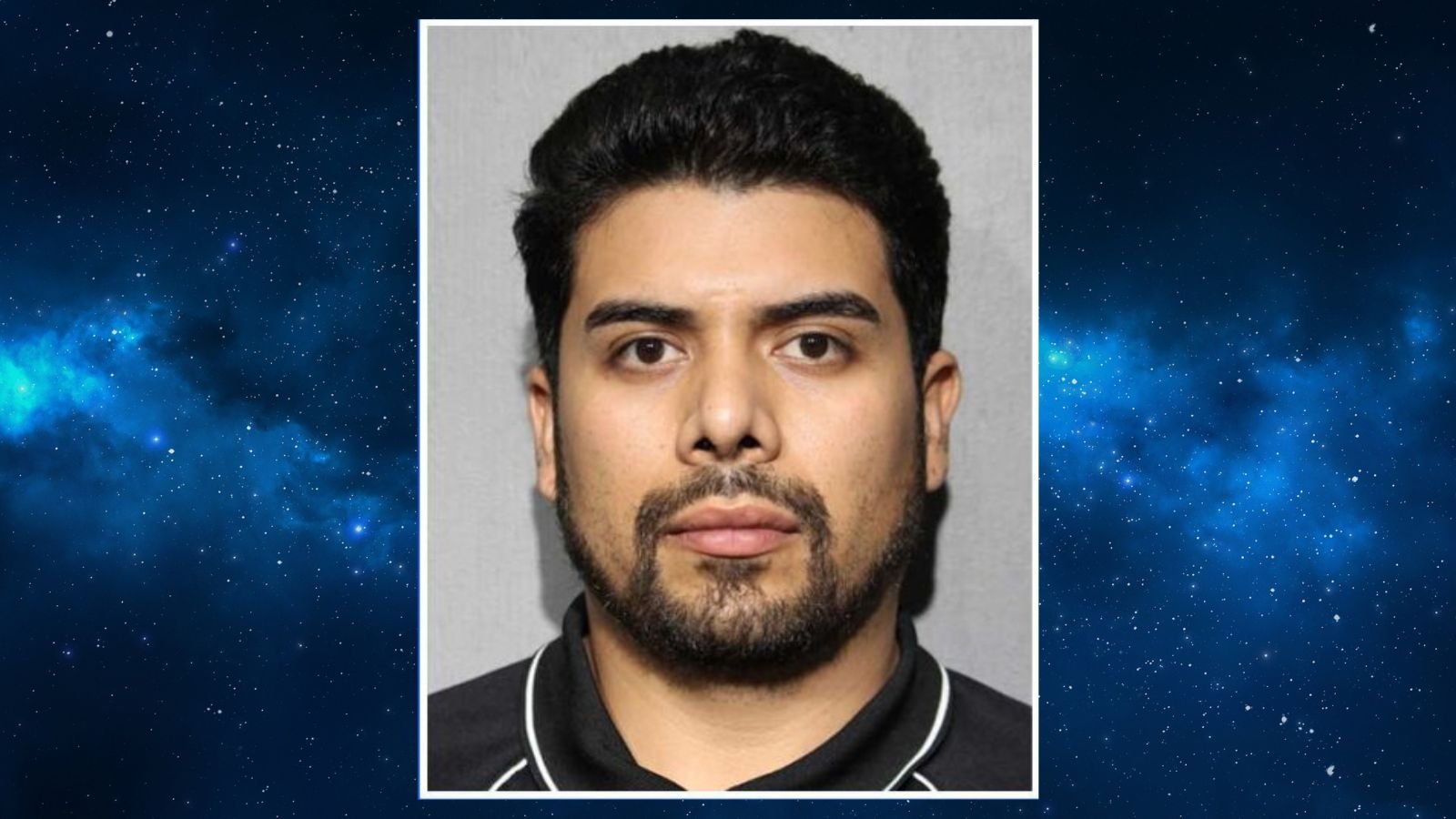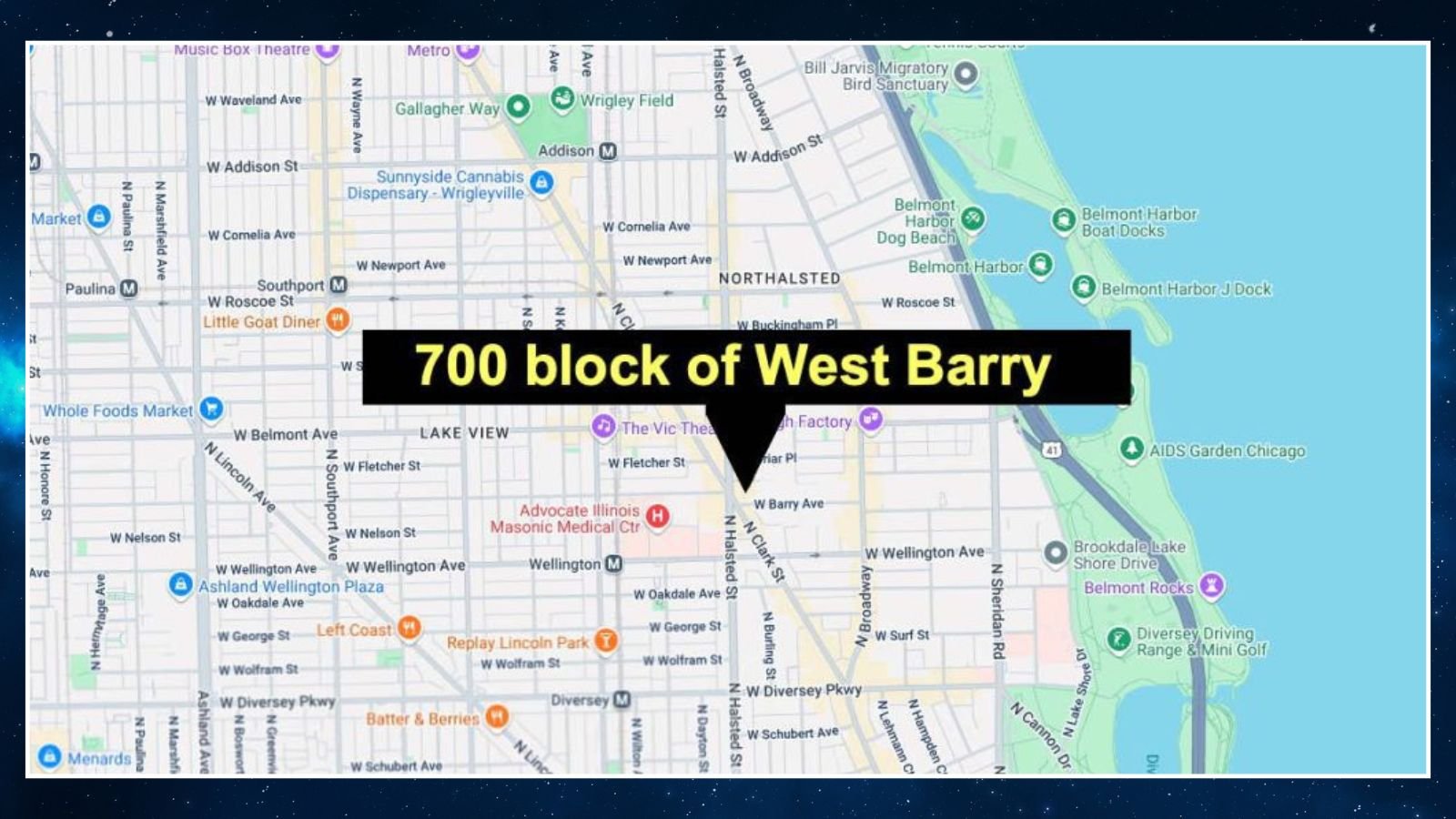SPRINGFIELD, ILLINOIS — A bill aimed at safeguarding Central Illinois’ primary water source—the Mahomet aquifer—has landed on Governor JB Pritzker’s desk after securing bipartisan support in the General Assembly.
The legislation, known as Senate Bill 1723, was designed to block carbon capture and sequestration (CCS) projects near the aquifer, which supplies drinking water to approximately 800,000 residents across the region.
Why the Mahomet Aquifer Matters
The Mahomet aquifer is a critical natural resource that provides clean drinking water to much of Central Illinois. Local officials and environmental advocates have expressed growing concern that carbon dioxide pipelines, used in sequestration efforts, could potentially leak and contaminate the aquifer if built too close.
“There is no backup plan,” stated Sen. Paul Faraci (D-Champaign). “This bill ensures we don’t put short-term projects ahead of long-term water security.”
Legislative Action and Community Advocacy
The push for this bill began over a year ago after community advocates raised alarms about proposals to build CCS pipelines near the aquifer. The legislation also establishes a state task force, which will include input from the Prairie Research Network, the Prairie Research Institute, and environmental groups. The goal is to ensure ongoing oversight and monitoring of the aquifer’s safety.
Rep. Carol Ammons (D-Urbana) emphasized the importance of long-term vigilance, saying the task force would provide a framework for continued protection of this vital water source.
The bill passed the House 91-19 and had unanimous support in the Senate—a sign of the strong political and public support for the measure.
Industry Pushback and Compromise
Despite widespread support, the bill faced opposition from the Illinois Manufacturers’ Association, which urged Gov. Pritzker to veto the legislation. They argue that carbon sequestration is a safe and essential technology for reducing emissions and promoting economic growth.
In response to industry concerns, lawmakers made a strategic compromise. The final version of the bill permits a CCS project by One Earth Energy to proceed in Gibson City, which is not directly above the Mahomet aquifer, though it draws water from one of its recharge areas. This amendment helped ease much of the opposition and allowed the legislation to move forward.
What Happens Next
If signed into law by Gov. Pritzker, the measure would represent a major win for environmental safety in Illinois and set a precedent for future legislation balancing economic development with public health and environmental protection.
“Our communities rely on the Mahomet aquifer for safe, clean drinking water,” Sen. Faraci said. “We cannot gamble with the health of almost one million people.”
The governor has not yet indicated whether he will sign the bill, but public pressure and legislative momentum suggest strong political will to protect one of Illinois’ most vital natural resources.
This update was based on the WAND-TV report on Senate Bill 1723, which outlines the legislation’s full journey and its implications for water safety in Illinois.
Do you support Illinois’ efforts to protect the Mahomet aquifer? Let us know what you think in the comments on ChicagoSuburbanFamily.com.

